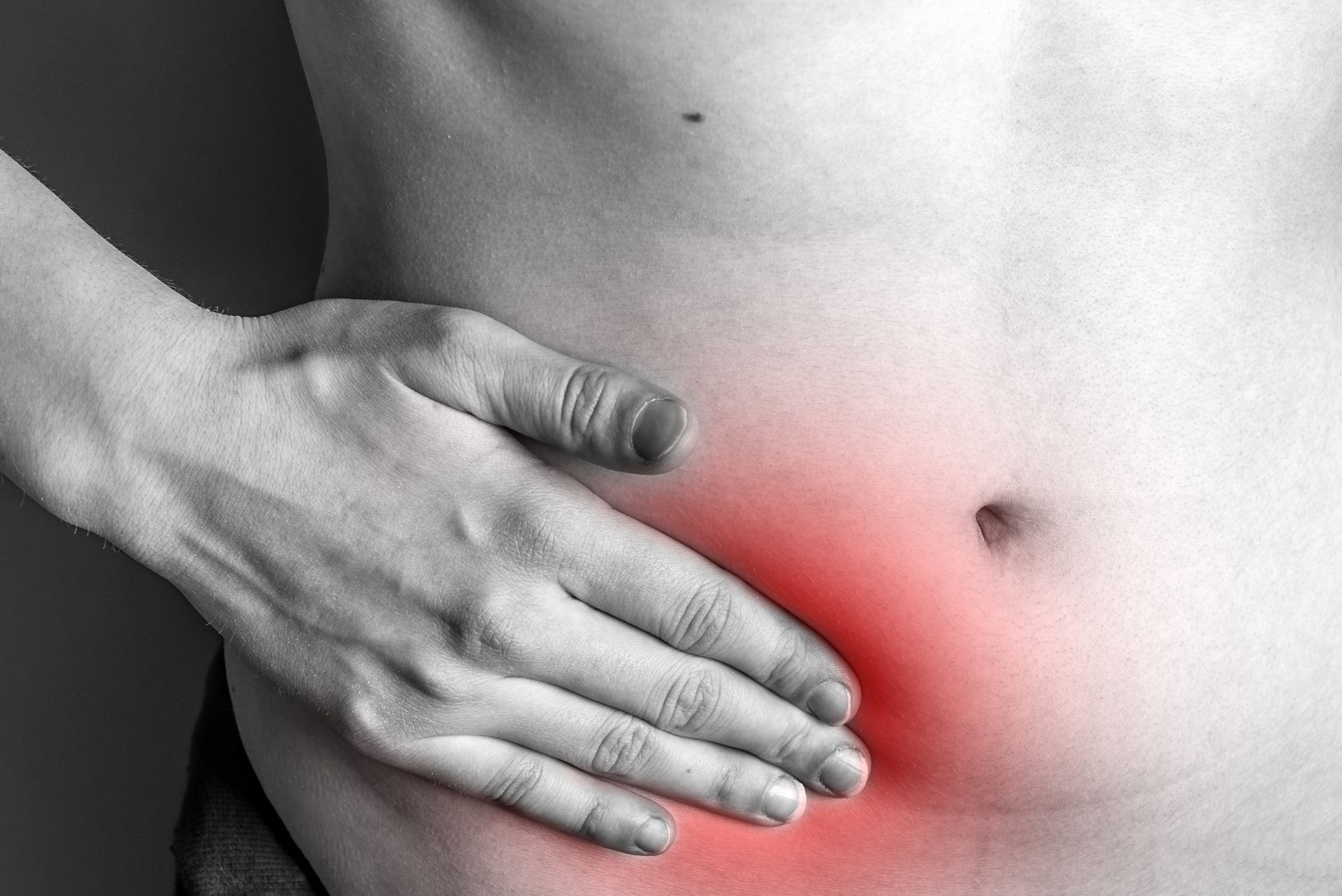Mount Elizabeth Novena Hospital #10-48/49
What is a Gastroscopy?
Gastroscopy is a common procedure for diagnosing and treating various gastrointestinal issues.
In this article, we will explore this procedure and why you should consider one for your gastrointestinal health.
Understanding gastroscopy
A gastroscopy, otherwise known as an upper endoscopy, is a medical procedure that lets doctors examine the upper section of the gastrointestinal (GI) tract. The upper GI tract includes the oesophagus, stomach, and the first part of the small intestine, the duodenum.
The procedure uses a gastroscope, a long, flexible tube with a light and camera. This tool enables doctors to visualise the inside of the GI tract on a monitor, facilitating both diagnosis and treatment of various conditions.
Gastroscopy and its role in diagnosis and treatment
Conditions such as acid reflux, gastritis, ulcers, celiac disease, and oesophageal or stomach cancer can be identified through gastroscopy. It allows for direct visualisation of abnormalities, and biopsies can be taken for further examination.
In addition to diagnosis, gastroscopy can be therapeutic. It can treat bleeding ulcers, remove foreign objects, dilate narrowed areas of the oesophagus, and remove
polyps. The ability to diagnose and treat with one procedure makes gastroscopy a valuable tool in gastroenterology.
Gastroscopy and gastrointestinal cancer
Gastroscopy is particularly useful in the early detection and management of gastrointestinal cancers. Early-stage oesophageal and stomach cancers are often asymptomatic or present with nonspecific symptoms.
To guard yourself against more advanced stages of gastrointestinal cancer, we recommend you undergo a gastroscopy screening to detect and treat suspicious lesions if any, improving the chances of successful treatment and survival.
For patients diagnosed with upper GI cancer, gastroscopy can also be used to:
- assess the extent of the disease
- guide treatment plans
- Treat early gastric cancers endoscopically without the need for invasive surgery
- monitor response to therapy
Advantages of gastroscopy
- Direct visualisation: Provides a clear view of the upper GI tract, allowing for accurate diagnosis.
- Biopsy capability: Enables tissue sampling for histological examination, which is crucial for diagnosing conditions like cancer and infections.
- Therapeutic use: Can be used to treat certain conditions during the same procedure.
- Minimally invasive: Compared to surgery, gastroscopy is less invasive, with quicker recovery times and fewer complications.
- Quick and efficient: The procedure typically takes 15-30 minutes, with patients resuming normal activities the same day.
When is gastroscopy necessary?
A doctor may recommend gastroscopy in various situations, including:
- Persistent symptoms: Chronic heartburn, difficulty swallowing, unexplained weight loss, persistent abdominal pain, or vomiting.
- Abnormal imaging or lab results: Follow-up on abnormalities found in X-rays, CT scans, or blood tests.
- Screening: For patients at high risk of GI cancers, such as those with a family history.
- Monitoring: To follow up on previously diagnosed conditions like ulcers or celiac disease.
- Therapeutic interventions: To treat certain GI conditions.
How is gastroscopy performed?
A gastroscopy is usually performed as an outpatient procedure. Here's what to expect:
- Preparation: Patients are required to fast for 6-8 hours before the procedure. Specific instructions regarding medications may also be given.
- Sedation: A sedative is often administered to help the patient relax and minimise discomfort. The throat may also be numbed with a local anaesthetic spray.
- Procedure: The patient lies on their side, and the gastroscope is gently inserted through the mouth, guided down the oesophagus, and into the stomach and duodenum. Air may be introduced to expand the area for better visibility. The doctor examines the lining and may perform treatments as needed.
- Recovery: After the procedure, patients are monitored until the sedation wears off. It's common to experience mild throat discomfort or bloating from the air introduced during the exam. It is best to avoid eating or drinking until the numbness in their throat wears off.
Consult a gastrointestinal specialist in Singapore
Gastroscopy is a valuable procedure, especially when diagnosing and treating conditions that show no apparent symptoms. If you have concerns about your GI health, consult a gastrointestinal specialist to discuss whether a gastroscopy screening might be right for you.
At Colorectal Clinic Associates, our team of
gastroscopy experts can help you achieve optimal gastrointestinal health. We offer detailed evaluations, diagnostic procedures, and personalised treatment plans to address your gastrointestinal health needs.
We will guide you through the gastroscopy process, so you understand every step and what to expect. Book an appointment today to learn more about gastroscopy and its price.






